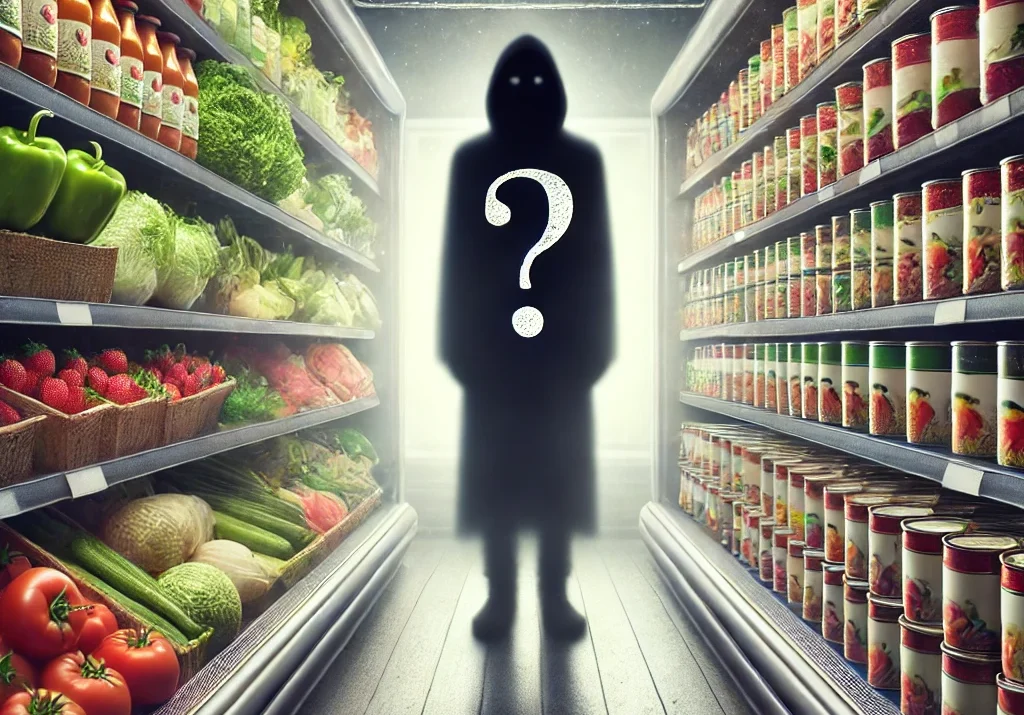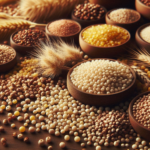Preservatives are widely used in the food industry. Whether you know it or not, preservatives are an essential element of every meal of your day. They can prevent food spoilage from bacteria, molds, and oxidation. Synthetic preservatives are very talked about, but natural preservatives have been in the news because they benefit health. In this blog, we will build an understanding of the Different types of preservatives, their advantage, and the need for how they contribute to the food we eat. Preservatives and the Mainstream Nutrition đi into the World of Preservatives.
What are Preservatives?
Preservatives are chemical substances added to food to prevent microbial spoilage or chemical change and to extend its shelf life. They are naturally and synthetically sourced but perform the same role of preserving food safety and quality. Many of the foods we know and love today develop mold and spoil quite fast would be impeding keeping and transport without preservatives. Although preservatives have a bad reputation for being unnatural, they are essential for creating a food that is safe to consume.
What are the Role of Preservatives in Food Safety
Preservatives are treated and added to food to keep it fresh; they prevent mutilation of the food by toxic microorganisms, thereby preserving food products. Some of those microorganisms, including bacteria and fungi, spoil food and cause illness. Aside from inhibiting the growth of bacteria, preservatives also prevent oxidation, which causes fats and oils in food to become rancid.
What are the Types of Preservatives in Food?
Preservatives are of two types of admixture: natural and synthetic. They are natural preservatives as they come from plant or animal sources, which are perceived to be safer or healthier. Synthetic preservatives, however, are chemically manufactured and tend to be found in processed foods. Let’s examine these kinds more closely.
- Natural Preservatives
The traditional process of preserving foods with natural preservatives has been used for many hundred years. Salt, sugar, vinegar, and citrus are common examples. These natural preservatives function to hinder the growth of microbes by creating conditions that are hostile to bacteria. Certain substances, like salt, suck water out of food, creating a habitat inhospitable to bacteria. The acidity of vinegar works to inhibit bacteria, so it’s perfect for pickling.
- Synthetic Preservatives
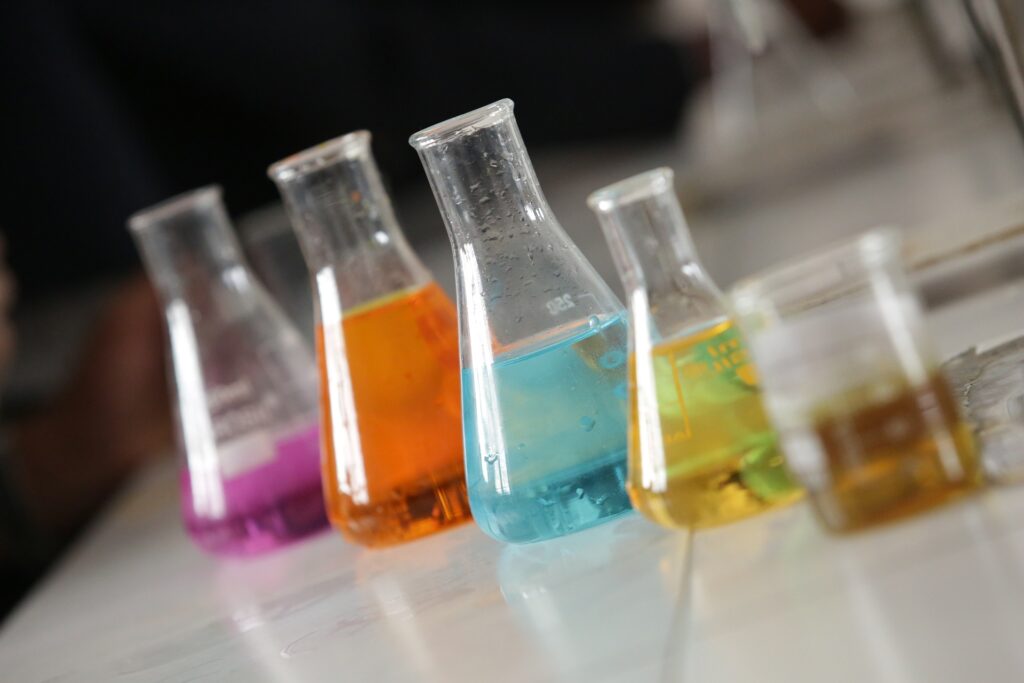
Preservatives like sodium benzoate, sodium nitrite, and BHA (Butylated HydroxyAnisole) that all prevent food from spoiling are commonly found in processed foods. These chemicals are very effective in food preservation but are often also subject to concern over potential health risks from a large amount of consumption. Synthetic preservatives are regulated by the FDA, but the long-term effects of these preservatives are still hotly debated.
Facts of Preservatives: What You Should Know
Largely misunderstood, preservatives are shrouded in misinformation about their safety and needs. So here are some key facts to dispel common misconceptions:
- Preservatives Don’t Always Pose a Health Risk
Though certain synthetic preservatives can be harmful, most are safe to eat in regulated amounts. Moderation is key to safety because even naturally occurring chemicals can produce negative health effects. The vast majority of preservatives used in food are approved by food safety authorities and have been rigorously tested for potential harm.
- Preservatives Improve Food Availability
The absence of preservatives would result in many foods being unavailable for prolonged periods owing to spoilage. The solution to this problem is precooked foods, as preservatives enable food to be stored and transported for long distances, allowing consumers all around the world to access an array of food at any time of the year. From canned greens to frozen proteins, preservatives make it so we can access food though it’s out of season.
Food with Preservatives: A Necessary Part of Modern Life
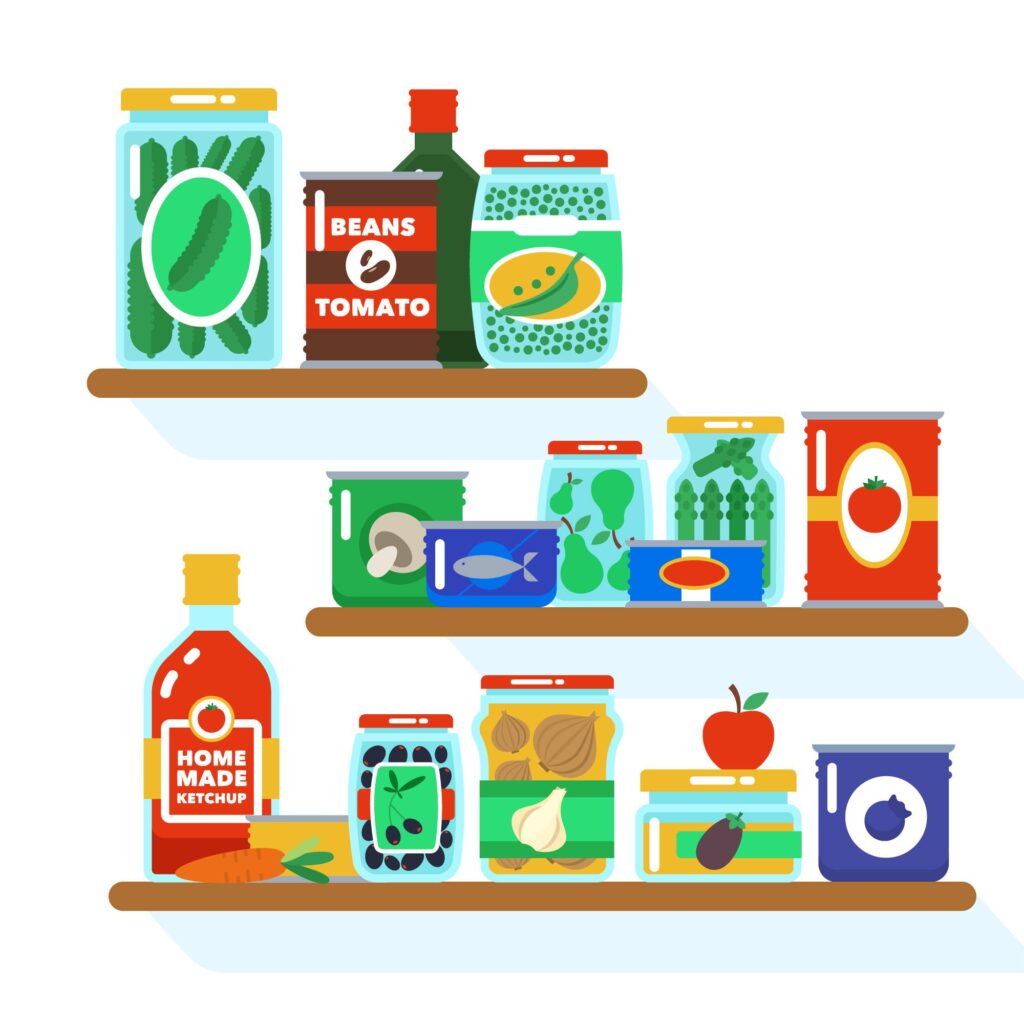
In the modern world, preservatives are vital for ensuring both the safety and availability of food. With preservatives in almost all processed foods, they have become the backbone of everyone’s diet. They are convenient, inexpensive, and shelf-stable, but are also regularly vilified by health-aware consumers, who would rather stick with whole and organic.
- Common Foods with Preservatives
Many of the foods we eat every day, from breakfast cereals to packaged snacks, contain preservatives. Processed meats such as hot dogs and sausages, for example, frequently contain preservatives known as nitrates and nitrites. Bread and other baked goods may have artificial preservatives added to avoid mold. Even drinks, such as sodas and juices, can be preserved to ensure they taste and remain fresh.
- How to Identify Preservatives in Your Food
Learn how to spot preservatives in food by reading ingredient lists on packages. Preservatives typically have “ate” endings, like ascorbic acid or potassium sorbate. Preservatives are typically a sign that something is a processed food, but some natural preservatives may also be listed, such as vinegar or citric acid. If you want to be more conscious about the foods you purchase, paying attention to these ingredients can be a good place to start.
The Debate: Natural vs. Synthetic Preservatives
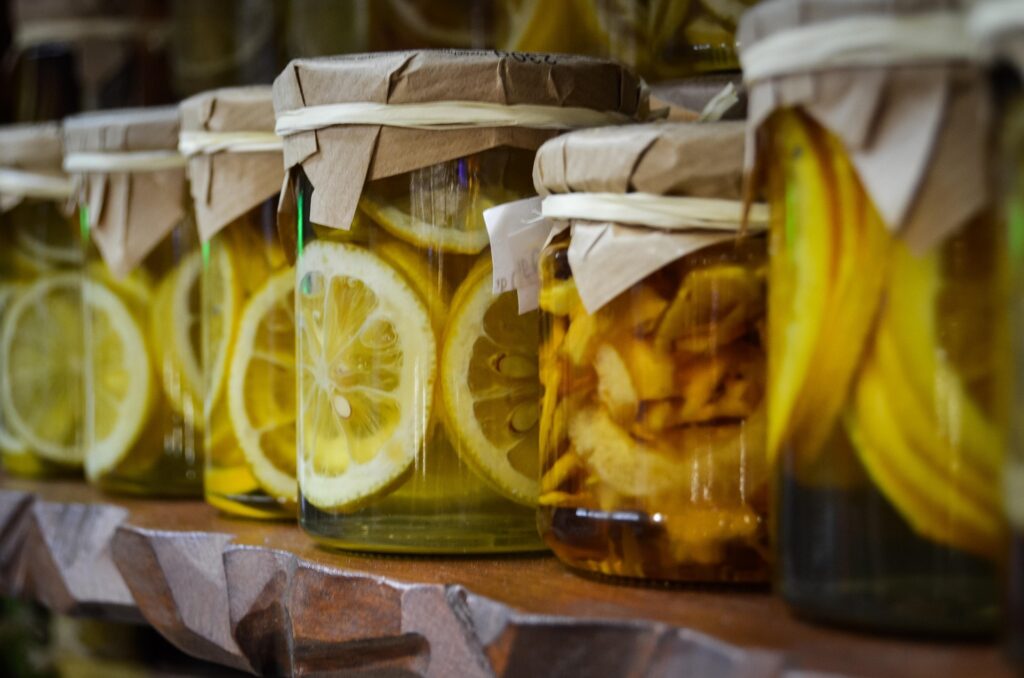
Natural preservatives should not be confused with synthetic preservatives though both serve similar purposes, now shifted towards natural preservatives. As we have become health-conscious, people are looking for food that has no additives or chemicals. Natural preservatives are perceived as safer and more compatible with a whole-food diet; synthetic preservatives, as part of processed foods.
- Why Choose Natural Preservatives?
Natural preservatives are preferred as they are believed to be less harmful to health. Some examples are rosemary extract and garlic which act as natural preservatives with antioxidant properties and can be regarded as a healthier alternative to synthetic preservatives. Plus in some cases, natural preservatives provide added nutritional benefits — with vitamins or antioxidants — which are not found in synthetic options.
- Why Do Some Still Use Synthetic Preservatives?
Even as consumers demand the use of natural preservatives, synthetic preservatives have remained one of the popular choices because of their efficiency, cost-effectiveness, and longer shelf-life. Synthetic preservatives have also allowed food manufacturers to produce food—at scale, and a lower price point—resulting in cheaper processed foods on consumer shelves. In addition, synthetic preservatives tend to be more stable and easier to work within a variety of products.
Preservatives and Their Impact on Our Health
Many people are expecting a more natural diet nowadays, and preservatives don’t play well in the context of that lifestyle. Preservatives can aid in the food’s safe consumption, but their impact on health should also be considered.
- Health Concerns Surrounding Preservatives

Other artificial preservatives have been associated with allergic reactions, hyperactivity in children, and adverse health effects. But most of these effects are rare and tend to vary based on a person’s sensitivity, caveats experts. Moderation is paramount “and sticking with primarily fresh, whole foods can help limit exposure” to preservatives.
- The Benefits of Eating Fresh and Whole Foods
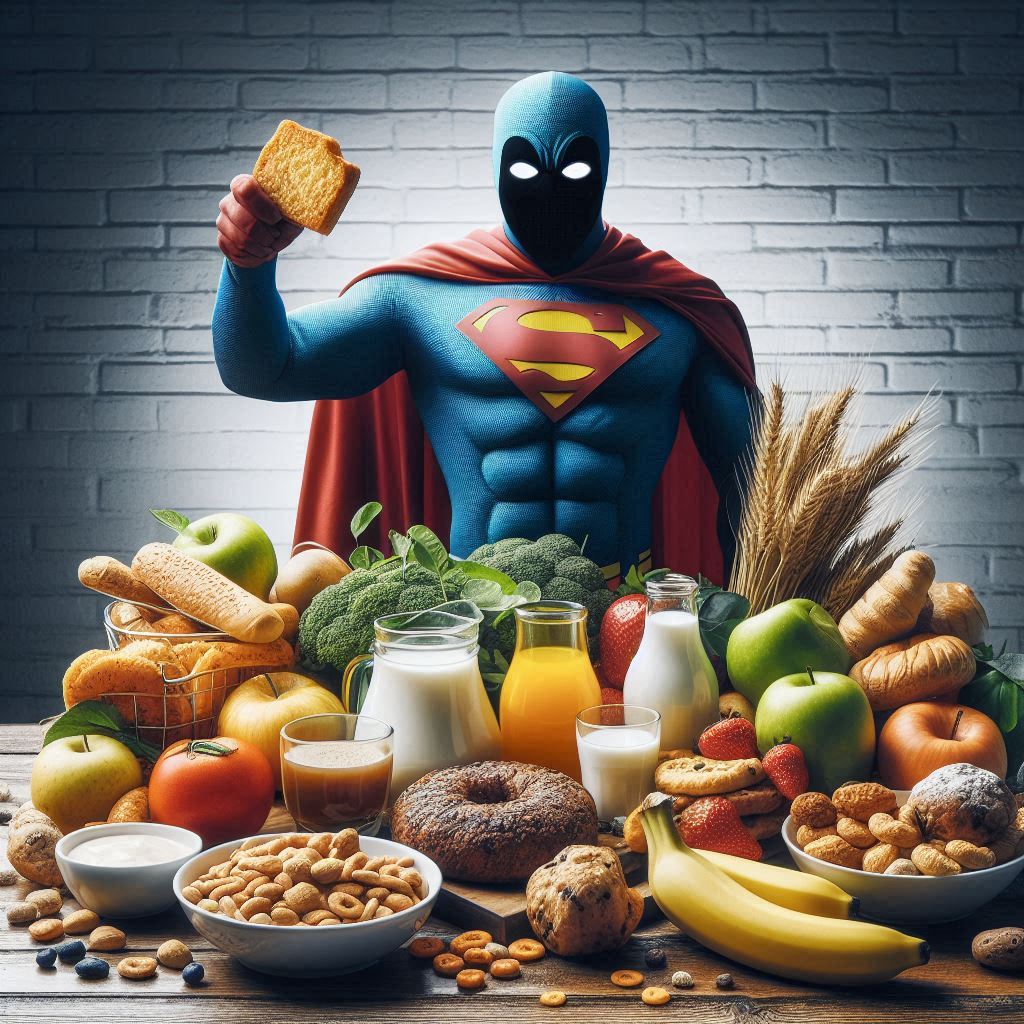
Whole foods are not treated with or dosed with artificial preservatives. Incorporating plenty of fruits, vegetables, whole grains, and lean proteins in a diet can curb the consumption of processed foods and their preservatives. Plus, purchasing organic fruits and vegetables can often lessen the exposure to not just synthetic but also natural preservatives commonly used in conventional farming.
Conclusion: Preservatives in Food – The Fine Balance
Preservatives are an essential part of our food system, helping to make sure the foods we eat are safe and accessible year-round. Synthetic preservatives are often vilified, but are safe in use.” Conversely, natural preservatives are a healthier option. The most important thing is moderation — pay attention to the preservatives in the food you eat and choose fresh whole foods where applicable. They lack nutritional benefits, but understanding preservatives can give you more insight into what constitutes your food, which helps you make better choices and promotes a healthy lifestyle.
Learn more about health here.
Related post:





